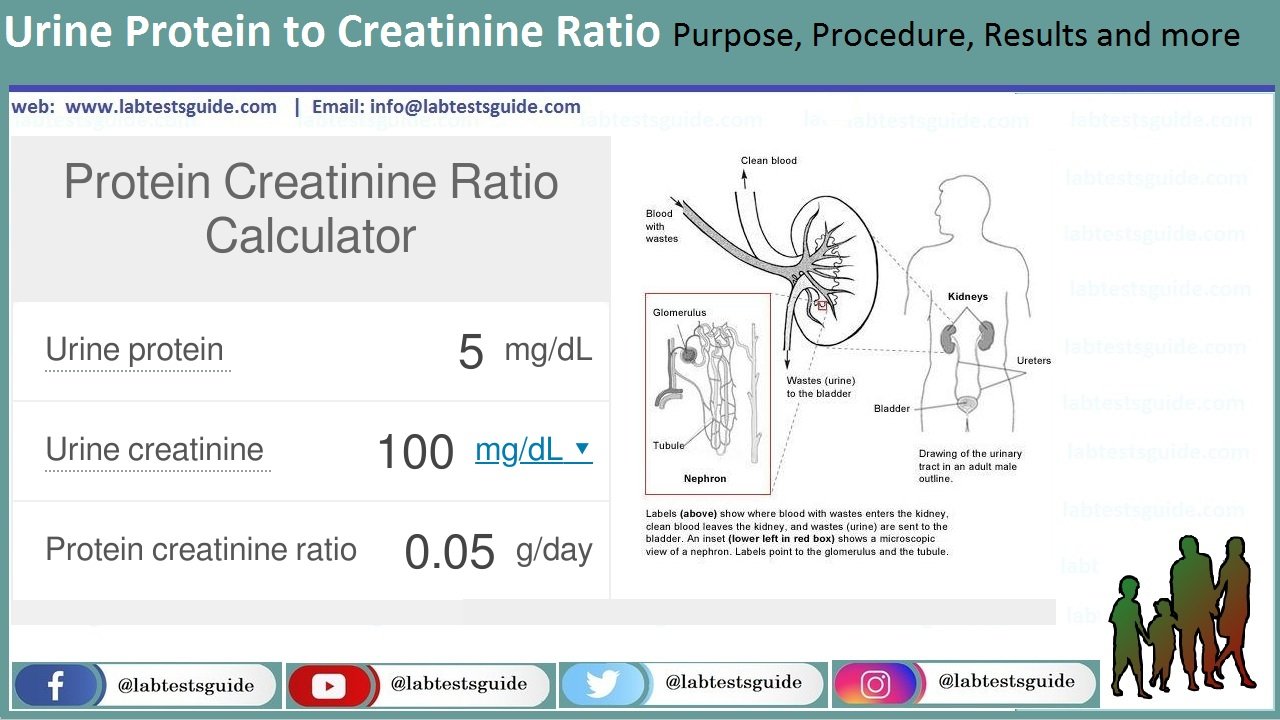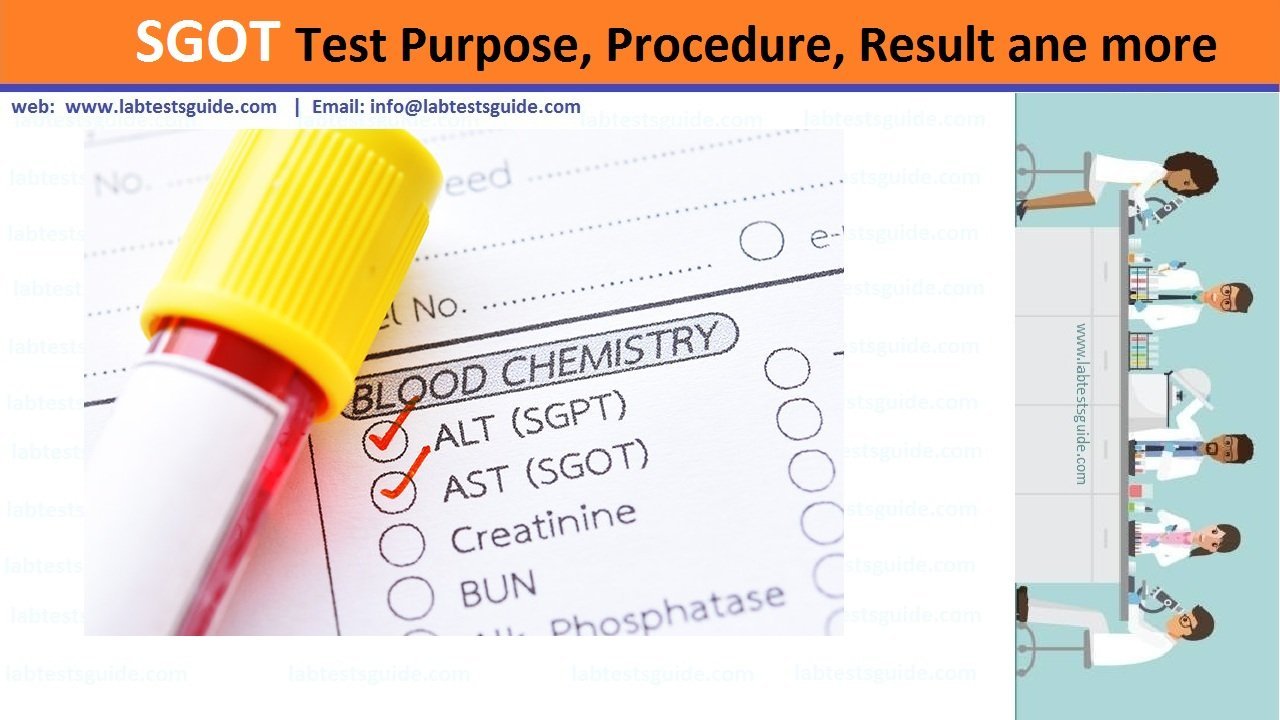Urine Protein to Creatinine Ratio
November 5, 2020 | by fttower.com
Protein in urine is normally composed of a combination of plasma-derived proteins that have been filtered by glomeruli and have not been reabsorbed by the proximal tubules and proteins secreted by renal tubules or other accessory glands.

Increased amounts of protein in the urine may be due to:
- Glomerular proteinuria: caused by defects in permselectivity of the glomerular filtration barrier to plasma proteins (eg, glomerulonephritis or nephrotic syndrome)
- Tubular proteinuria: caused by incomplete tubular reabsorption of proteins (eg, interstitial nephritis)
- Overflow proteinuria: caused by increased plasma concentration of proteins (eg, multiple myeloma, myoglobinuria)
Why get tested:
To detect excess protein in the urine, to help evaluate and monitor kidney function, and to detect kidney damage.
When to get tested:
- As part of a routine physical exam, often as part of a urinalysis
- Urine total protein and urine protein / creatinine ratio (UPCR) have traditionally been used as important indicators of kidney disease and as a follow-up test to monitor the disease.
- The albumin to creatinine ratio (ACR) is now the preferred test for these purposes.
- Even so, UPCR should be ordered to identify preeclampsia in pregnant women and when excess total protein in urine is suspected to be different from albumin.
Sample Required:
Patient Preparation: Collect specimen either prior to fluorescein administration or wait to collect for at minimum of 24 hours after administration.
- Supplies: Aliquot Tube, 5 mL
- Container/Tube: Plastic, 5-mL tube
- Specimen Volume: 4 mL
Sample Collection Instructions :
- Collect a random urine specimen.
- No preservative.
- Invert well before taking 4 mL aliquot.
- Do not overfill aliquot tube, maximum 4 mL.
Reference Values
<0.18 mg/mg creatinine
Reference values have not been established for patients <18 years of age.
Causes of Abnormal Results:
Some examples of these causes include:
- Urinary tract infection
- Preeclampsia
- Lupus
- Multiple myeloma
- Amyloidosis
- Bladder cancer
- Congestive heart failure
- Drug therapies that are potentially toxic to the kidneys
- Goodpasture syndrome
- Heavy metal poisoning
Related Articles:
RSS Error: https://www.labtestsguide.com/category/microbiology/feed is invalid XML, likely due to invalid characters. XML error: > required at line 936, column 16
RELATED POSTS
View all

